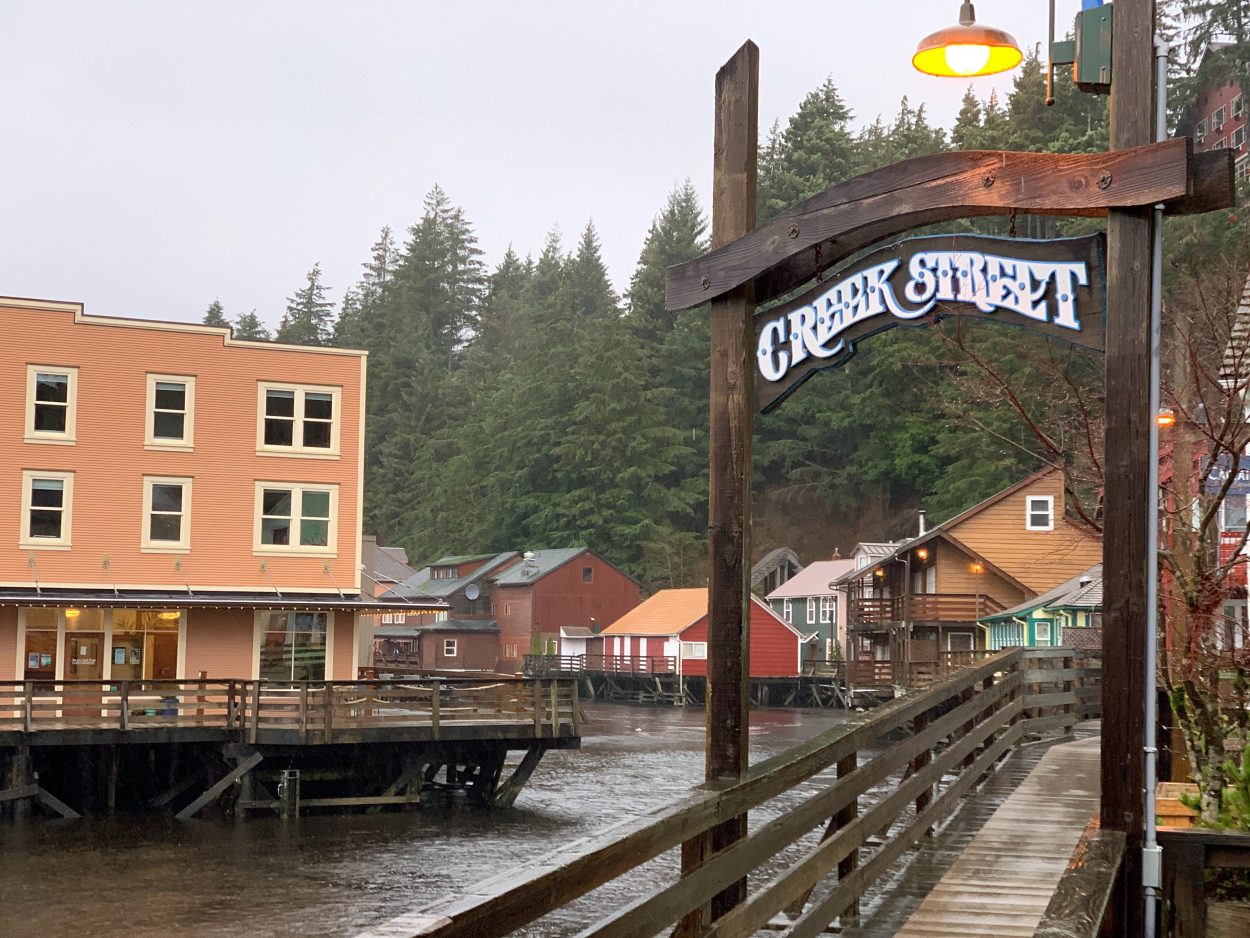
Ketchikan’s only 24-hour homeless shelter open to the general public will stop offering overnight services after May 15.
According to First City Homeless Services CEO Deborah Asper, that means roughly 100 people will need to find a new place to sleep, likely outdoors.
“The sad reality is that there’s — no, there’s nowhere for people to go, because otherwise they would be there already,” Asper said.
Asper said some older participants might be able to go to the Pioneer Homes assisted living, and a few others might qualify to stay at the PATH temporary housing facility. Ty Rettke manages the 26-bed PATH facility, which has requirements like sobriety and state ID’s. He said they’ve already seen an increase in demand and expects that to continue. As of Wednesday, Rettke said they had a handful of beds open.
The closure of the First City Haven’s 24-hour service comes ahead of their lease ending on July 31. The City Council voted to end the lease following a heated debate at a March meeting. The shelter will continue offering daytime services through July, but Asper said they’re stopping the overnight service early due to monetary and staffing concerns associated with the move-out.
Asper said they’re trying to maintain as consistent a service as possible ahead of their move-out, after which they likely won’t have overnight service for a couple years. She said they’ve identified a new long-term building, but that won’t be ready until early 2026, at the earliest.
In the meantime, they’re looking for other temporary buildings, but Asper said there’s a chance they can’t find one.
“This is not something that the organization wants, we do not want to shut down and go back to not offering 24/7 services,” Asper said. “We are trying really hard to make this decision work. But this is not, this was not our decision.”
May 15 will be the last day First City Haven offers overnight service, and they will continue offering daytime services through July. If they’re unable to find a building by then, Asper said they may switch to a street-outreach model.





